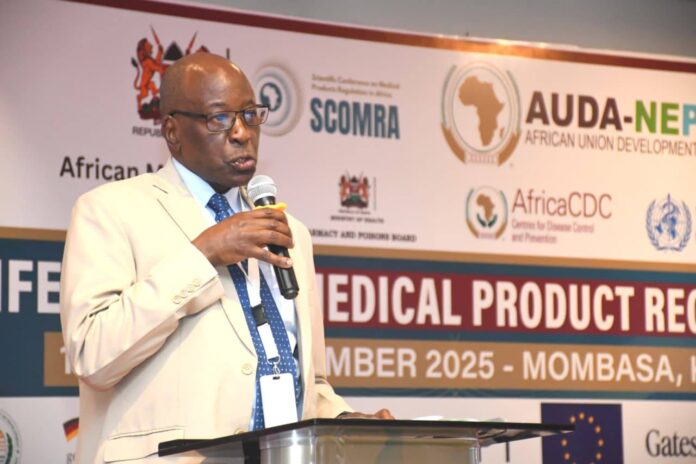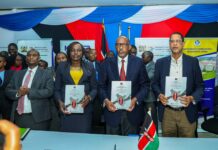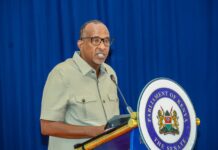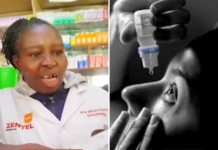By Michelle Ndaga
African countries have been urged to intensify collaboration in the regulation of medical products to boost local manufacturing capacity and reduce reliance on imported medicines and vaccines.
Speaking during the opening of the Seventh Biennial Scientific Conference on Medical Products Regulation in Africa (SCoMRA VII) in Mombasa, Pharmacy and Poisons Board (PPB) Chairperson Dr. John Munyu, MBS, emphasized that strengthening regulatory harmonisation is critical to securing the continent’s health future.
This year’s conference is themed “Regulatory Harmonisation: Unlocking Africa’s Potential in Health Product Manufacturing and Trade,” a theme Dr. Munyu described as a call to action rather than a discussion topic.
“Africa imports over 90 percent of its medicines and produces less than one percent of its vaccines. This is not just a statistic; it reflects our dependence and vulnerability, which the COVID-19 pandemic painfully exposed,” he said.
He noted that recent public health emergencies, including the 2024 Monkeypox outbreak declared a Public Health Emergency of Continental Security by the Africa CDC, highlighted the need for stronger, more agile regulatory systems across the continent.
Dr. Munyu pointed to the achievements of the African Medicines Regulatory Harmonisation (AMRH) programme, which has over the past decade helped align regulatory guidelines, introduce reliance mechanisms and drive digital transformation. These milestones, he said, are now supporting the operationalisation of the African Medicines Agency (AMA), headquartered in Kigali, Rwanda.
Welcoming the inaugural AMA Director-General, Dr. Mimi Darko, he said AMA symbolizes Africa’s shared commitment to health resilience and self-reliance.
“SCoMRA VII is not merely a conference; it is a strategic platform to catalyse local manufacturing, support intra-African trade under AfCFTA, and ensure that quality, safe and effective medical products reach every African,” he said.
Over the coming three days, delegates will discuss strengthening regulatory oversight to attract pharmaceutical investment, advancing pooled procurement, leveraging artificial intelligence and innovation, and enhancing partnerships among governments, industry, civil society, and research institutions.
Dr. Munyu also thanked global development partners, including WHO, CEPI, GIZ, the Bill & Melinda Gates Foundation, and the Africa Public Health Foundation, for supporting Africa’s regulatory transformation.
“Our objectives are clear, our potential immense, and our collective resolve remains key to unlocking it,” he said, officially welcoming participants to the high-level continental forum in Mombasa.



















